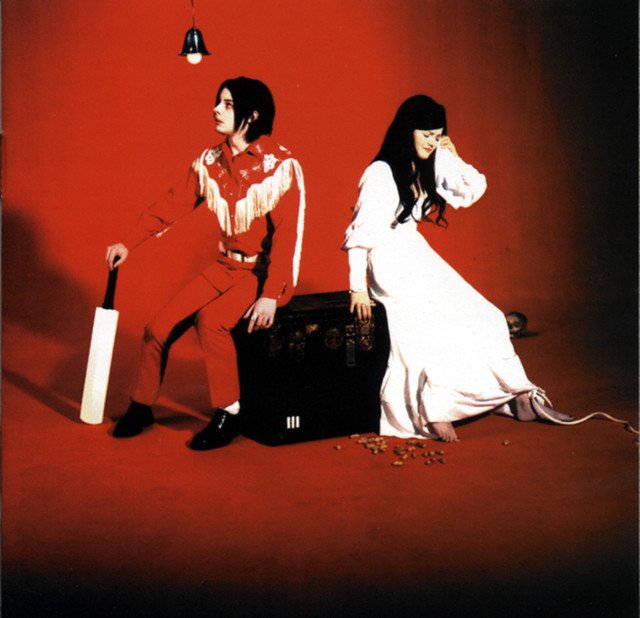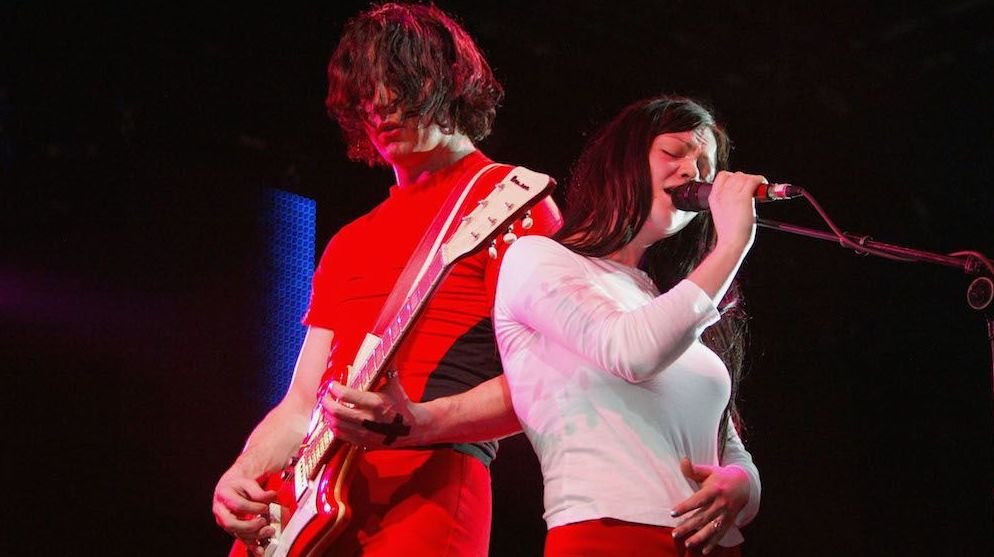The White Stripes, an American rock duo, didn’t just give the world a catchy tune with Seven Nation Army. They gifted a cultural phenomenon that has transcended genres, borders, and generations. From stadiums to protests, from movies to memes, this song has been hummed, sung, and played by millions around the world. But what is it about this song that has made it so universally beloved and enduring?
In this article, we’ll explore the origins, composition, lyrics, recognition, and legacy of this iconic track by The White Stripes.
The Origins and Composition of Seven Nation Army
Seven Nation Army is the opening track on The White Stripes’ fourth studio album, Elephant, which was released in April 2003 in the UK and in July 2003 in the US. The song’s title was inspired by Jack White’s childhood misunderstanding of the name of the Salvation Army. As Jack White recalled, he used to call it Seven Nation Army when he was a kid.

The track is characterised by its hypnotic, bass-like riff, which isn’t played on a bass guitar at all. Instead, Jack White achieved this sound by playing a semi-acoustic guitar through a pitch shift effect. He used a Digitech Whammy pedal to lower the pitch of his guitar by an octave. This riff, combined with Meg White’s explosive drumming, creates a raw energy that’s hard to ignore.
White once mentioned that he came up with the riff during a soundcheck in Australia in 2002. He said he played the riff again, and it sounded interesting. He further added that he had grand plans for the riff, stating, “I thought if I ever got asked to write the next James Bond theme, that would be the riff for it.”
The song’s lyrics, while open to interpretation, revolve around themes of gossip, betrayal, and resilience. Jack White has mentioned that the song tells the story of a person who hears gossip about himself and decides to leave town. However, loneliness drives him back. The line “I’m going to Wichita/Far from this opera forevermore” is particularly intriguing, especially since White admitted he’s never been to Wichita. Instead, he used the city as a metaphor for isolation and escape.
The Recognition and Legacy of Seven Nation Army
The song’s impact on the music industry and popular culture is undeniable. It won the Grammy Award for Best Rock Song in 2004 and has been ranked as one of the best songs of the 2000s by various publications and critics. Its riff, described as the best of the decade by Rolling Stone, is instantly recognizable and has been the subject of widespread acclaim.
Beyond its musical achievements, Seven Nation Army has become a sports anthem. It’s frequently chanted in stadiums worldwide, with fans singing a series of “oh” sounds or the name of an athlete to the tune of the song’s riff. Its popularity soared during events like the 2006 FIFA World Cup in Germany and the 2018 FIFA World Cup in Russia. As Jack White expressed, “Nothing is more beautiful in music than when people embrace a melody and allow it to enter the pantheon of folk music.“
The song has also been used in various political and social movements, such as the 2011 Egyptian Revolution, the 2014 Hong Kong protests, and the 2019 Catalan protests. It has also been featured in numerous films, TV shows, video games, and commercials. The song has been covered by many artists from different genres, such as Audioslave, Hard-Fi, Ben l’Oncle Soul, Postmodern Jukebox, and Zella Day.
Conclusion
Seven Nation Army by The White Stripes is not just a song; it’s a testament to the power of music to transcend boundaries and resonate with people from all walks of life. Whether you’re a die-hard White Stripes fan or someone who’s chanted the riff at a sports event, the song’s universal appeal is undeniable.
The White Stripes Seven Nation Army Lyrics
Verse 1
I’m gonna fight ’em off
A seven nation army couldn’t hold me back
They’re gonna rip it off
Takin’ their time right behind my back
And I’m talkin’ to myself at night because I can’t forget
Back and forth through my mind, behind a cigarette
Pre-Chorus
And the message comin’ from my eyes says, “Leave it alone”
Verse 2
Don’t want to hear about it
Every single one’s got a story to tell
Everyone knows about it
From the Queen of England to the Hounds of Hell
And if I catch it comin’ back my way, I’m gonna serve it to you
And that ain’t what you want to hear, but that’s what I’ll do
Pre-Chorus
And the feelin’ comin’ from my bones says, “Find a home”
Verse 3
I’m goin’ to Wichita
Far from this opera forevermore
I’m gonna work the straw
Make the sweat drip out of every pore
And I’m bleedin’ and I’m bleedin’ and I’m bleedin’ right before the Lord
All the words are gonna bleed from me and I will think no more
Pre-Chorus
And the stains comin’ from my blood tell me, “Go back home”


